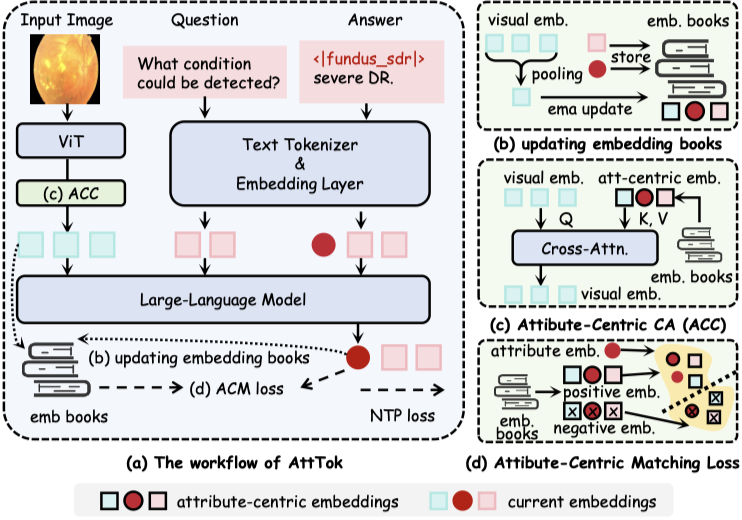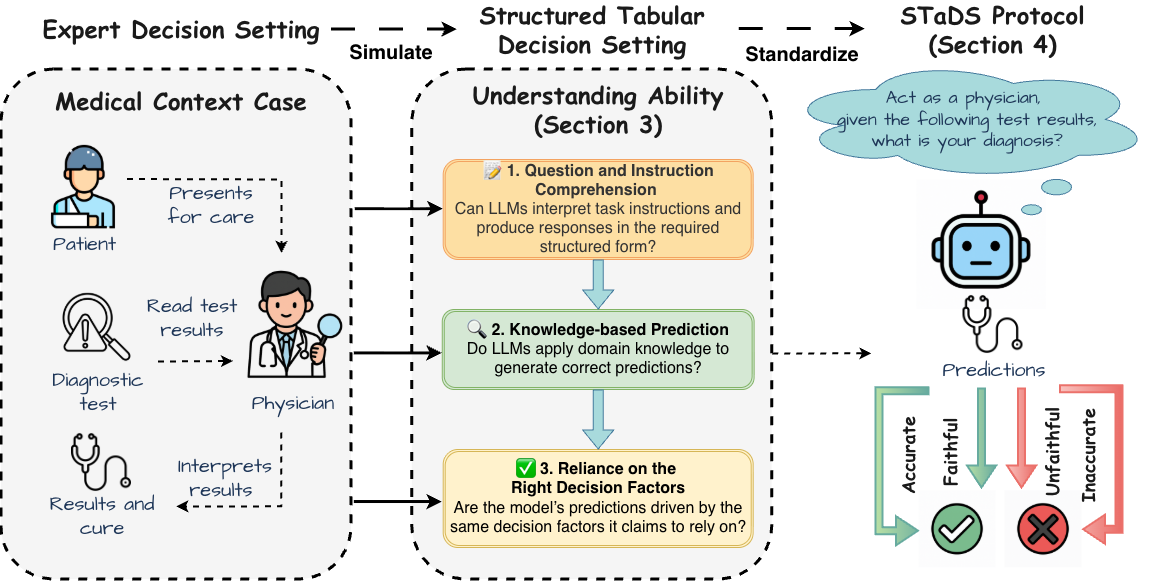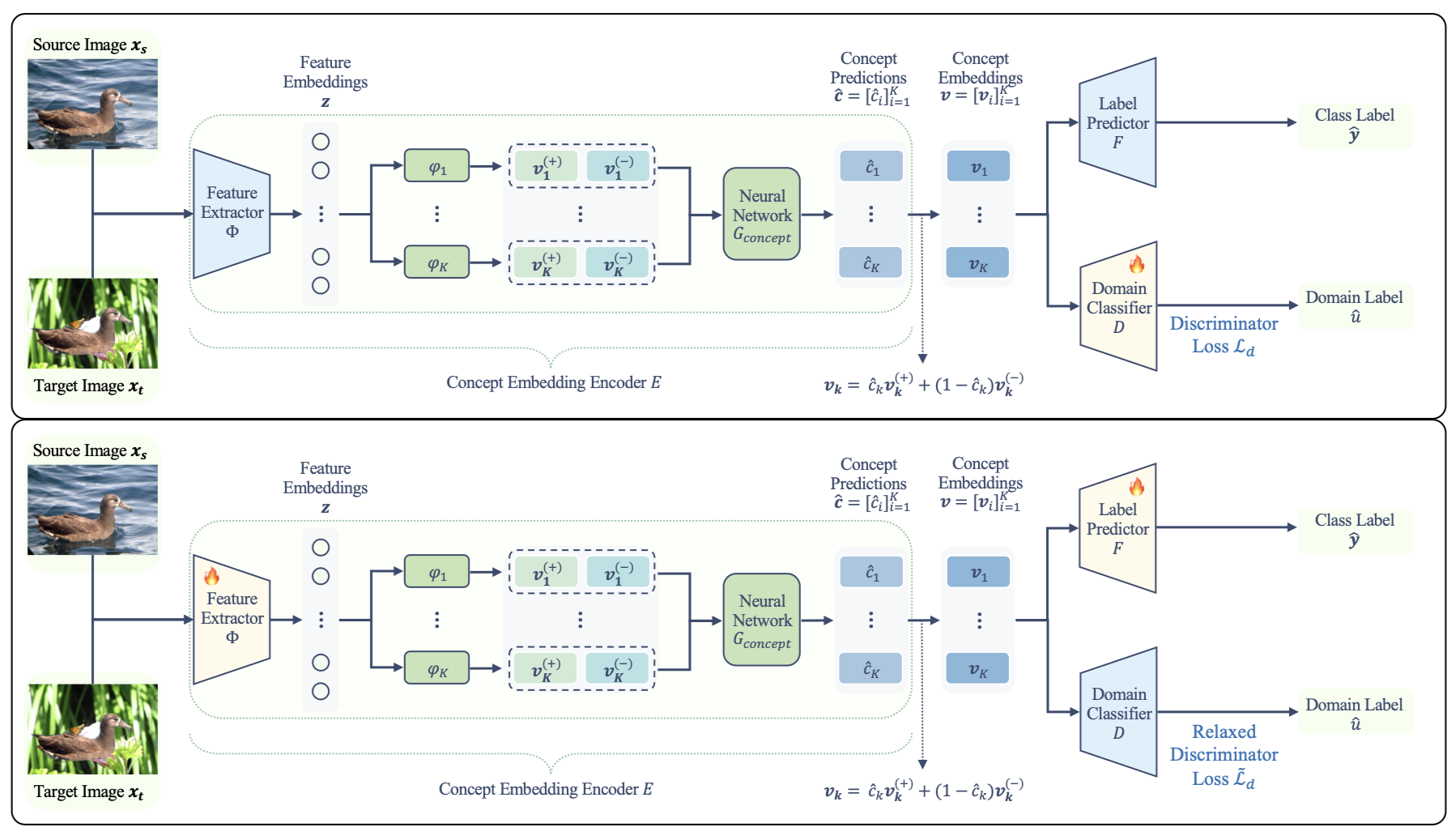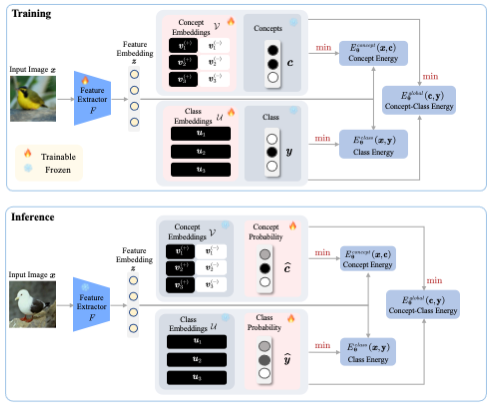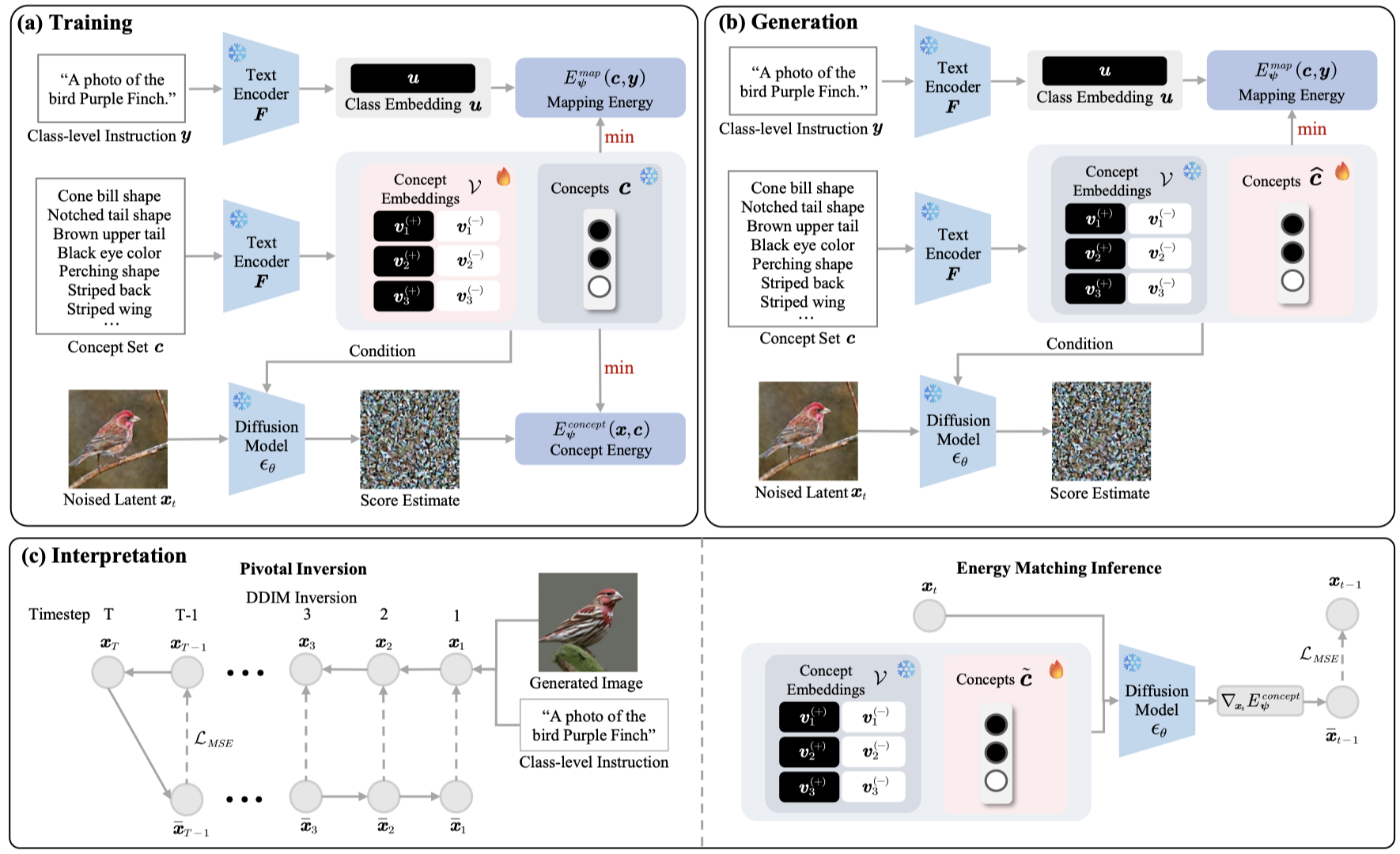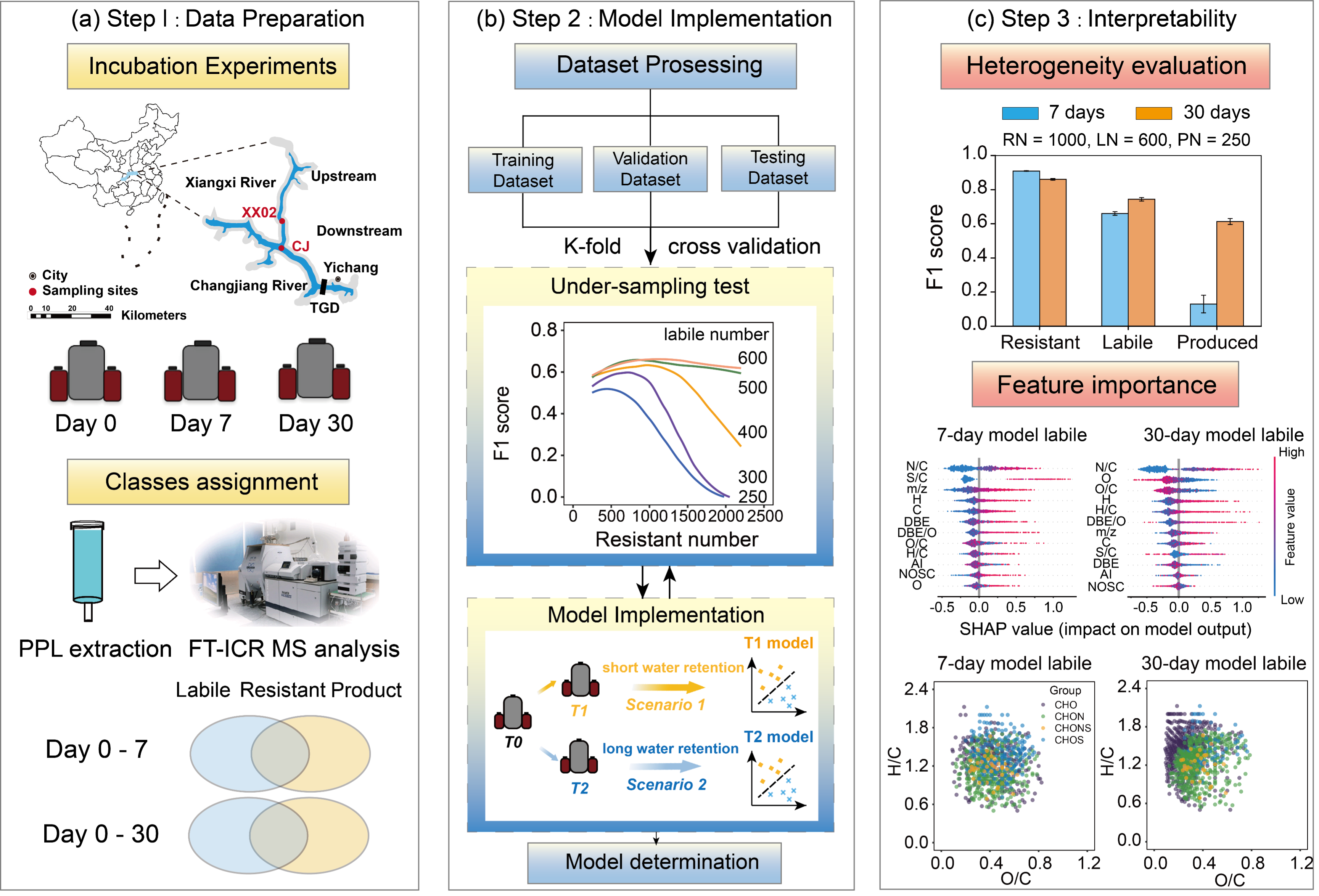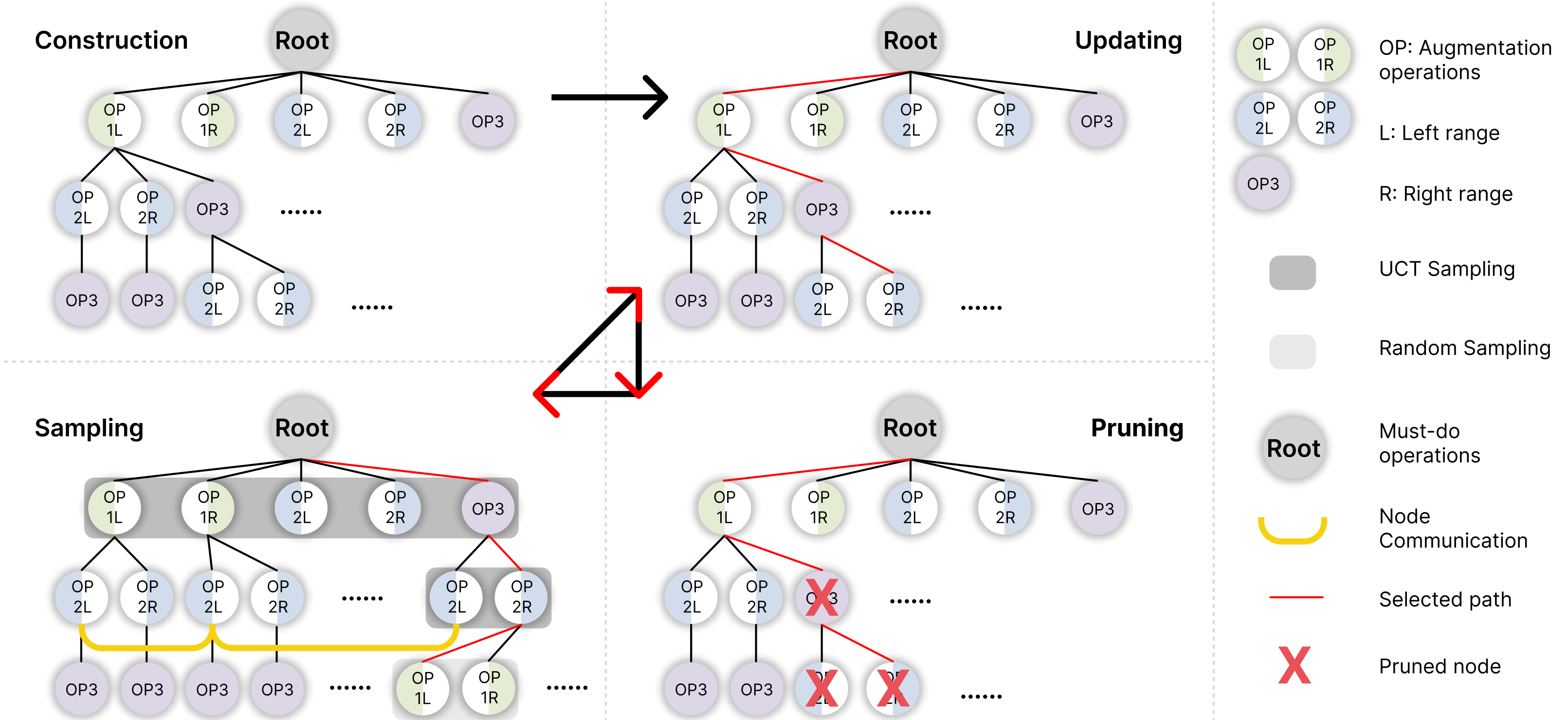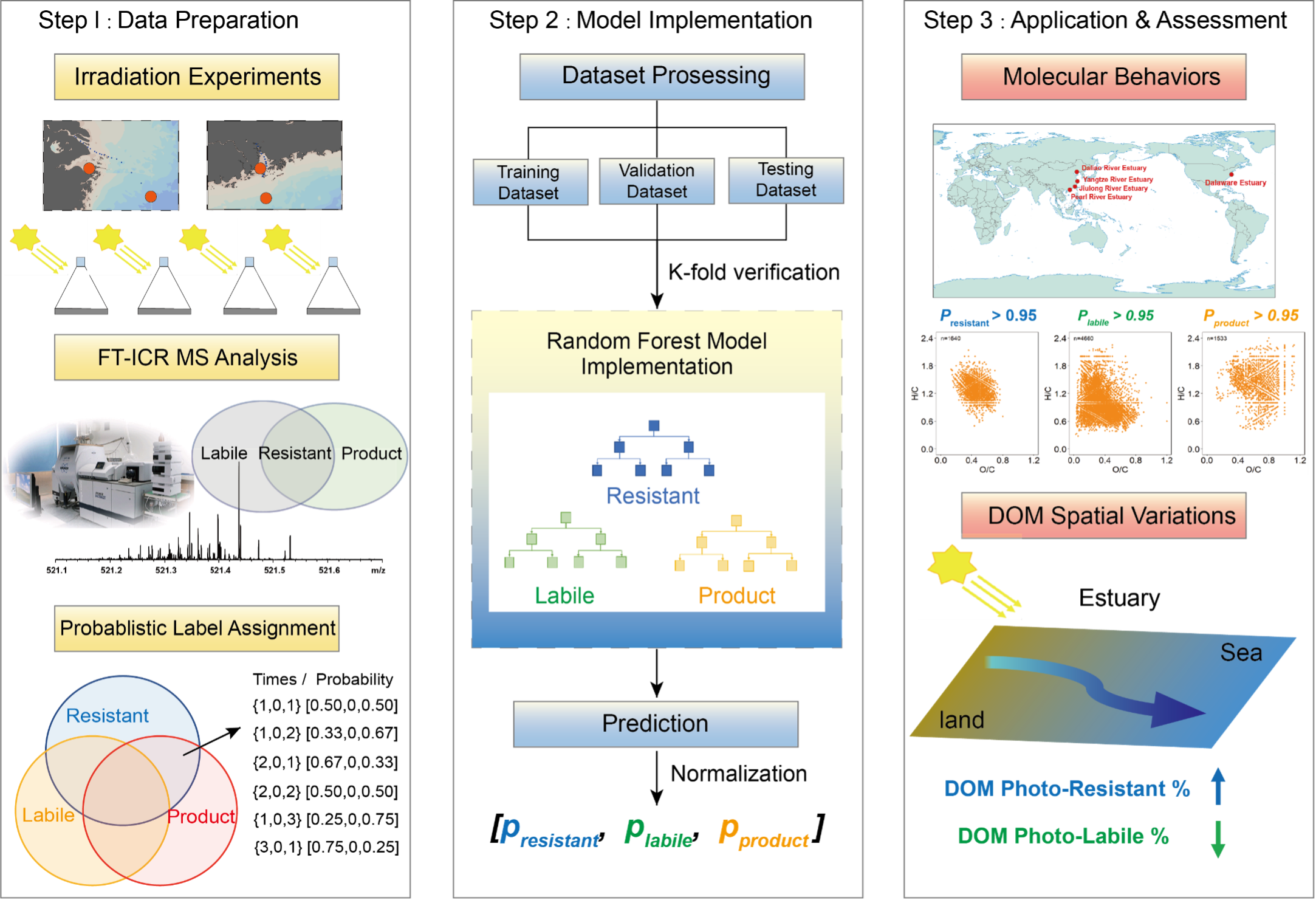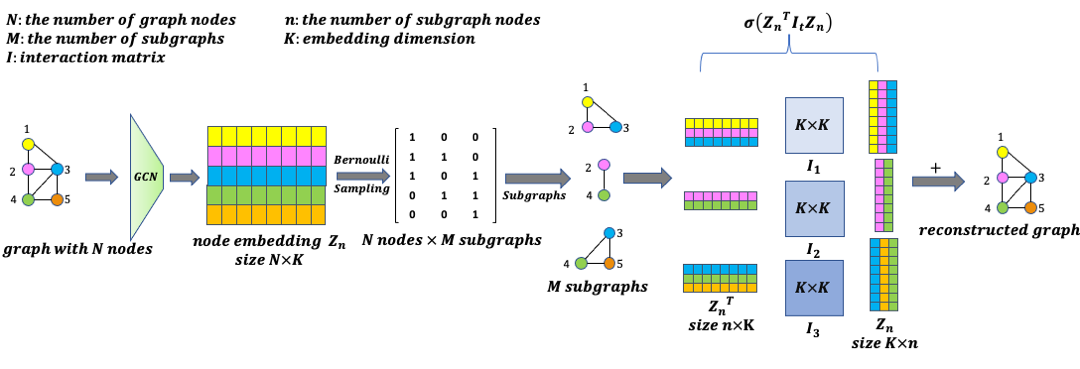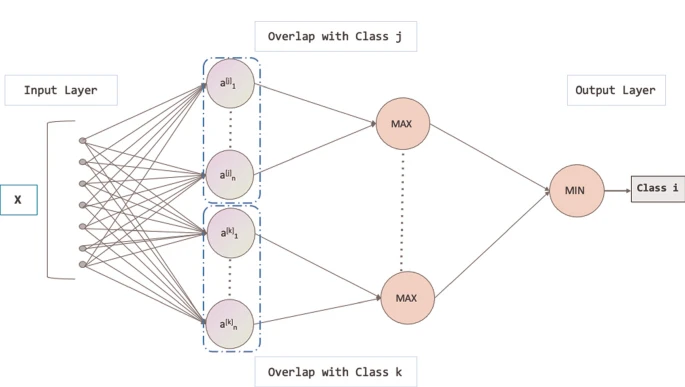I am currently a final-year PhD student at The Hong Kong University of Science and Technology (HKUST), working under the supervision of Prof. Xiaomeng Li. Additionally, I work closely with Prof. Lijie Hu at MBZUAI and Prof. Sichao Li (Incoming Lecturer at USYD).
Prior to my PhD, I earned my Bachelor's degree (with Honours) from The Australian National University, where I was advised by Senior Prof. Amanda Barnard and supervised by Dr. Amanda Parker.
My research journey has been enriched by experiences at the MIT Computational Connectomics Group led by Prof. Nir Shavit, where I collaborated with Prof. Hao Wang and Prof. Lu Mi. I also gained valuable experience as a Research Assistant at the National University of Singapore, supervised by Dr. Gang Guo.
I am actively looking for collaborators in XAI and Healthcare. If you are interested, please reach out via e-mail.

